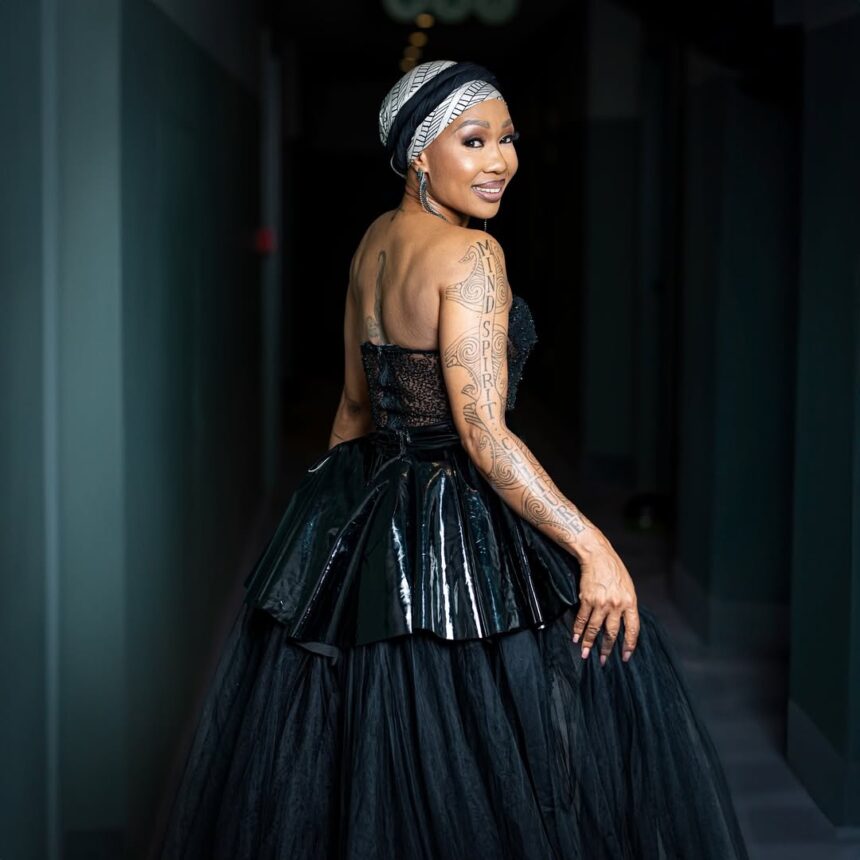Media personality Dineo Ranaka recently shared the painful details of her short-lived marriage to mining engineer Klaas Pesha on the L-Tido Podcast. The conversation, filled with raw emotion, revealed not only the collapse of her marriage but also her thoughts on relationships, gender roles, and societal expectations.
According to IOL, Ranaka married Pesha in a private ceremony sometime between late 2020 and early 2021. Sadly, their marriage lasted just seven months before it ended dramatically. In her podcast interview, she opened up about the shocking reasons behind the split, including allegations of abuse and infidelity.
One of the most heartbreaking moments came when Ranaka recalled a violent incident in which Pesha physically assaulted her while she was holding their three-month-old baby. “I got moered also, and he cheated in an unforgivable way,” she said, reflecting on her painful decision to leave.
The divorce process was equally difficult, with disputes over property adding to the emotional toll. Ranaka revealed that Pesha demanded half of her assets, a demand that only deepened the rift between them. The situation worsened when she described how he mistreated her family, frequently swearing at and disrespecting her parents during arguments.
Reflecting on her experience, Ranaka shared a powerful message about relationships: “Where there is no God, let no woman submit. You submit only to a man who has submitted himself to God. Not a man who’s lost and is pretending to be God.”
While she doesn’t align herself with feminism, Ranaka made it clear she values traditional roles within relationships. She believes in the importance of both partners flourishing in their respective roles. “I’m a woman I like my place as a woman. I love it, I flourish there. I love for a man to be a man. And I love for him to flourish as a man and take the lead,” she said.
Her candid comments on marriage sparked broader conversations about the expectations placed on women, particularly in marriage. In a viral video posted in November, Ranaka criticised the societal pressure on women to be the sole bearers of a marriage’s success. “It does not make sense that an entire community of human beings would base the success of a contract that is supposed to be two human beings bound together, mutually beneficial, on one individual, the woman,” she argued.







